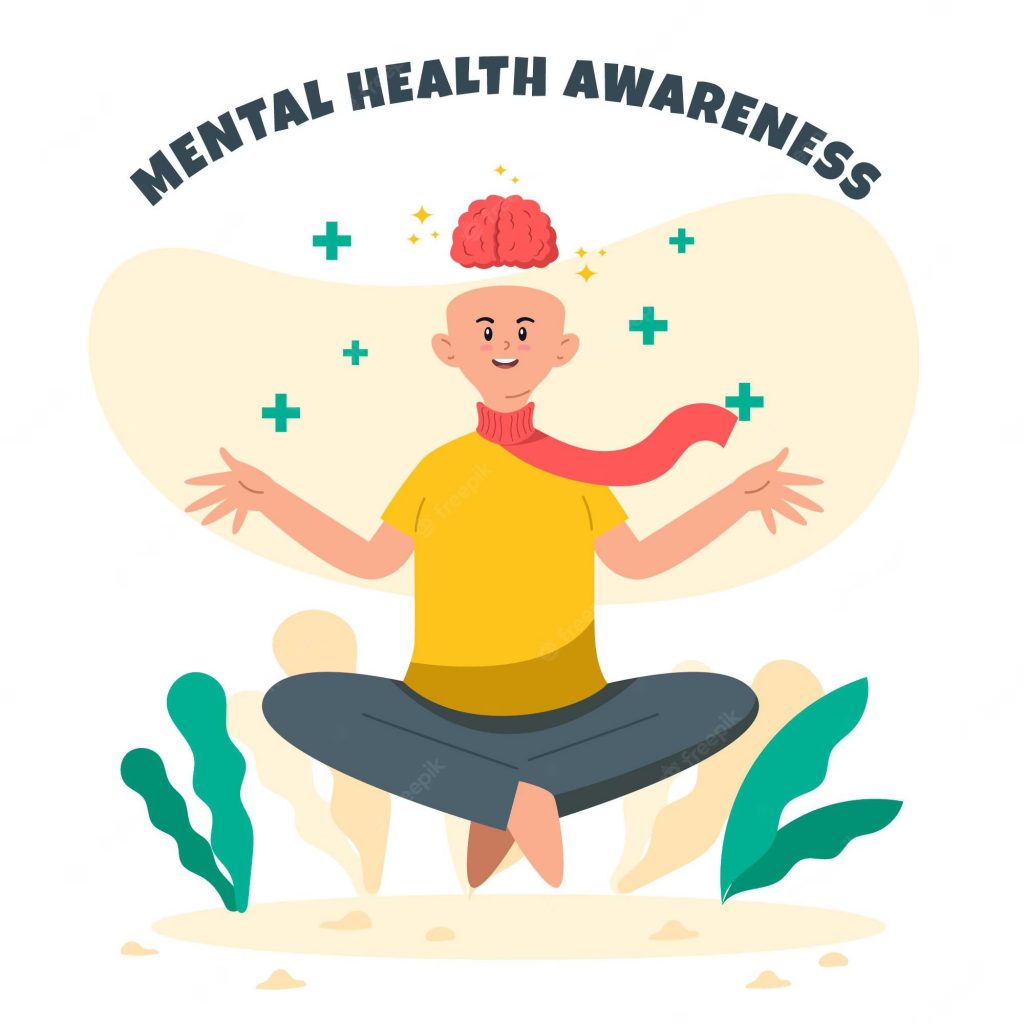Fairy tales are stories that have been passed down from generation to generation and Psychological have stood the test of time. They often feature magical creatures, princes and princesses, and moral lessons. While they may seem like simple stories for children, they can have a profound Psychological impact on both children and adults.
Children’s Exposure to Fairy Stories Has a Psychological Effect
Fairy tales have long been a staple of children’s literature and have been used for centuries as a tool for teaching children about life and its many challenges. While fairy tales may seem simple on the surface, they can have a profound psychological impact on children’s development.
One of the primary benefits of fairy tales is their ability to help children develop problem-solving skills. Many fairy tales have heroes who have to face hardships and difficulties in order to accomplish their objectives. By following the journey of these characters, children can learn about the importance of perseverance, resourcefulness, and creative thinking.
The Psychological Impact of Fairy Tales on Adults:
Fairy tales are often thought of as stories for children, but they can have a significant psychological impact on adults as well. In fact, many adults continue to read and enjoy fairy tales long after their childhood has ended.
One way that fairy tales can impact adults is by providing a sense of comfort and familiarity. Many adults grew up reading or hearing fairy tales, and revisiting these stories can bring back fond memories and a sense of nostalgia. This can be particularly valuable during times of stress or uncertainty, as fairy tales provide a sense of stability and predictability in an unpredictable world.
In addition to providing comfort, fairy tales can also inspire creativity and imagination in adults. Many fairy tales feature fantastical worlds and magical creatures, and reading or watching these stories can spark the imagination and encourage creative thinking. This can be particularly useful in creative professions or hobbies, such as writing, art, or music.
Can reading too much fairy tales morph your personality or develop disorders?
While reading fairy tales in moderation can have many positive effects on a person’s psychological development, excessive exposure to these stories can potentially have negative effects.
For example, if someone reads a lot of fairy tales that depict simplistic, one-dimensional characters, they may develop a black-and-white view of the world and struggle to understand more complex human emotions and motivations. Similarly, if someone reads a lot of fairy tales with overly simplistic solutions to problems, they may struggle to develop critical thinking skills and may be more prone to engaging in magical thinking.
PSYCHOLOGICAL EFFECTS OF FAIRY TALES
Fairy tales are a form of literature that has been enjoyed by people of all ages for centuries. While their main purpose is to entertain, they can also have a significant impact on the psychological development of children and adults. Here are some of the psychological effects of fairy tales:
- Encourages imagination and creativity: Fairy tales often contain magical and fantastical elements that encourage children to use their imaginations and be creative. By exploring imaginary worlds and characters, children can develop their creativity and ability to think outside the box.
- Helps with emotional development: Fairy tales often feature characters who experience a range of emotions, including fear, sadness, and joy. Reading or hearing these stories can help children understand and process their own emotions and develop empathy for others.
- Teaches moral lessons: Fairy tales often have a moral or lesson that can be learned from the story. These lessons can help children “relationship counsellor” develop their sense of right and wrong, and learn important values such as honesty, courage, and perseverance.
- Fosters problem-solving skills: Many fairy tales feature characters who must overcome challenges and obstacles in order to achieve their goals. Reading or hearing these stories can help children develop their problem-solving skills and learn how to think critically.
- Provides a sense of security: Fairy tales often have a happy ending, which can provide a sense of security and comfort for children. Knowing therapist near me that good will ultimately triumph over evil can help children feel safe and secure in the world.
Overall, fairy tales can have a positive impact on the psychological development of children and adults alike. By encouraging imagination and creativity, helping with emotional development, teaching moral lessons, fostering problem-solving skills, and providing a sense of security, fairy tales can be an important tool for personal growth and development.
PSYCHOLOGICAL EFFECTS synchronous
signs of psychological effects, here are a few examples:
- Changes in mood or behavior
- Difficulty concentrating or making decisions
- Changes in sleep patterns, such as insomnia or oversleeping
- Loss of interest in activities once enjoyed
- Withdrawal from social interactions
- Feeling anxious, irritable, or restless
- Changes in appetite or weight
- Physical symptoms such as headaches, fatigue, or digestive problems
- Feelings of hopelessness, helplessness, or worthlessness
- Suicidal thoughts or behaviors
Please note that these symptoms can vary greatly depending on the individual and the specific psychological condition they may be experiencing. It’s important to seek professional help if you or someone you know is experiencing any of these symptoms.

